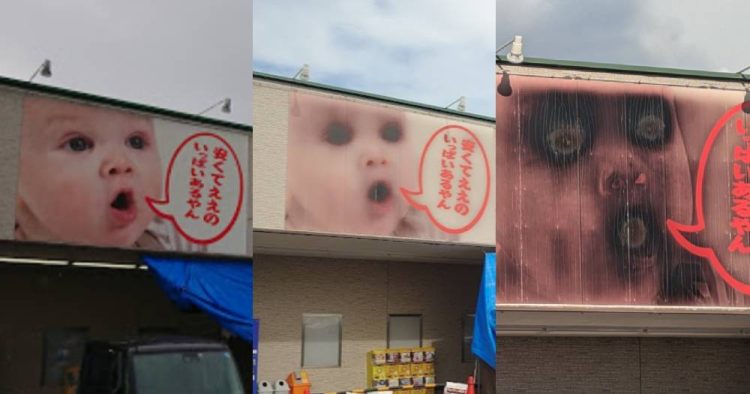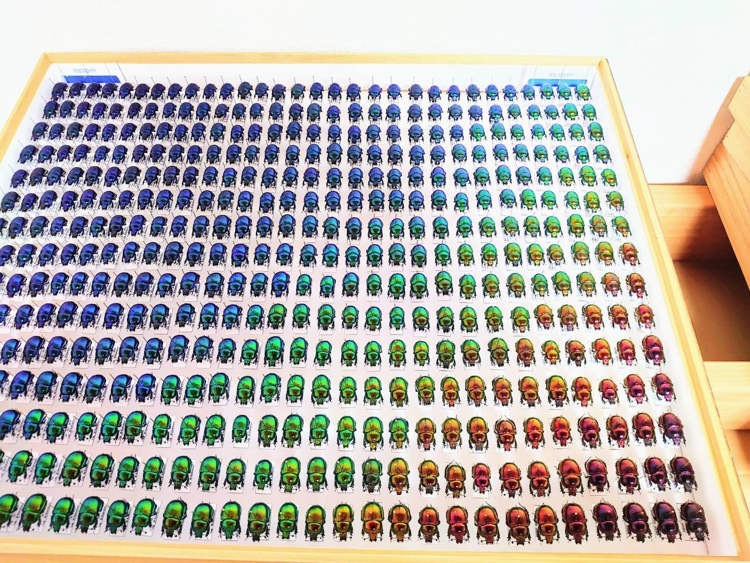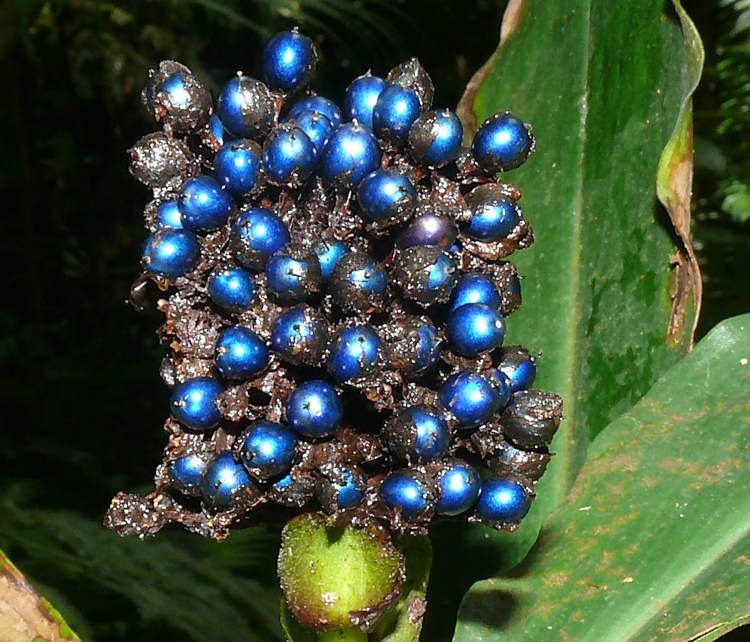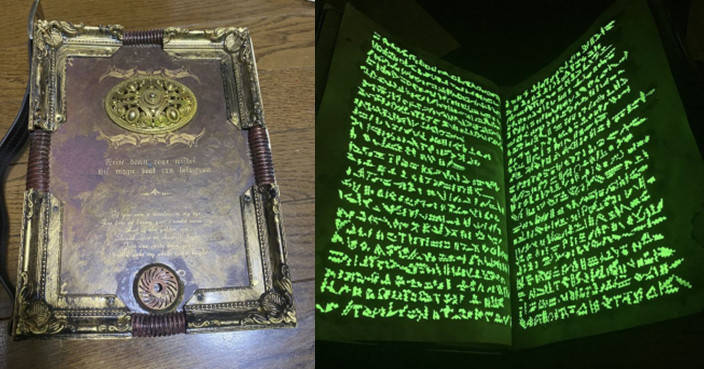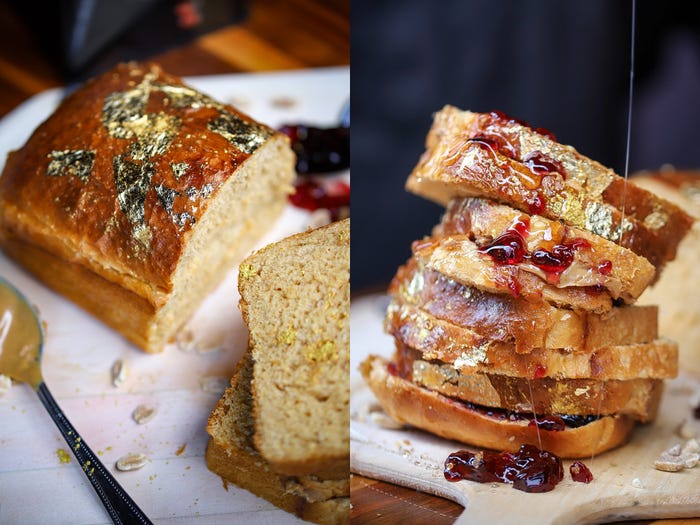The male convicts at the Pre-release Unit in Jessup, Maryland, have a unique story to tell. A story of how they found peace and calm through an unusual activity – knitting. Unusual, because it hardly seems normal to picture a bunch of rough-looking guys sporting tattoos and several teeth missing, sitting quietly, occupied with knitting needles and a bunch of wool.
And yet, it’s true, thanks to the efforts of Lynn Zwerling, the founder of Knitting Behind Bars. 67 year-old Zwerling retired from her job of selling cars in 2005, and then turned her attention to knitting, which was her passion. Initially, she started off with a small knitting group of women in her town. The group grew quickly to around 500 members. According to Zwerling, she observed something Zen-like when she saw women who did not have anything in common sitting quietly beside each other, absorbed in their knitting. She then had the idea to take knitting to prisons, more importantly, male prisoners.

Photo by Karl Merton Ferron, Baltimore Sun
At first she was turned down by wardens under the pretext that men would never be interested in a feminine hobby like knitting. But Zwerling was persistent, and it finally paid off. Five years later, in 2009, she found success in Jessup, when the Pre-Release Unit accepted her program. These were the beginnings of Knitting Behind Bars. Quite naturally, the male prisoners were reluctant to take up classes with Zwerling, initially. However, after her 5-minute knitting class, they were hooked. They now attend class once a week from 5 to 7 pm. They began by knitting dolls, which were given away to children who lost their families due to domestic issues. The men then went on to knit hats and scarves.

Photo by Knitting Behind Bars
Richy Horton, one of the ex-inmates of the Pre-Release Unit recounts his experience with the knitting classes. “People really can’t understand that in prison you’re completely separated from anything normal or real in the world. You’re always told what to do and when to do it, so to have people come in and treat you like a human being means so much. They came in and they were like my mom.” After his release he started work in construction and continues to knit in his spare time, keeping in touch with KBB. He says that the women of KBB – Lynn Zwerling, Sheila Rovelstad and Lea Heris – are not like normal people. In the words of Horton, “They’re almost like saints.”

Photo via GOOD.is
It sure does take a lot of courage to be able to go up to prisoners and teach them something as feminine as knitting, with love, kindness and respect.
Source: Baltimore Sun via GOOD.is

